I have a database filed named Account Type that has carriage return and newline characters in it (CHAR(10) and CHAR(13)).
When I search for this value I need to do a REPLACE as shown below. The following code works fine.
SELECT AccountNumber,AccountType,
REPLACE(REPLACE(AccountType,CHAR(10),'Y'),CHAR(13),'X') FormattedText
FROM Account
WHERE AccountNumber=200
AND REPLACE(REPLACE(AccountType,CHAR(10),' '),CHAR(13),' ') LIKE
'%Daily Tax Updates: ----------------- Transactions%'
My question is – what are the other characters (similar to CHAR(10) amd CHAR(13)) that would need such a replace?
Note: Data type for the column is VARCHAR.
Note: The query is run from SQL Server Management Studio
